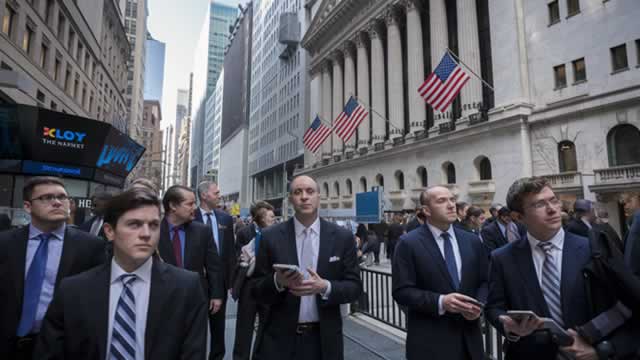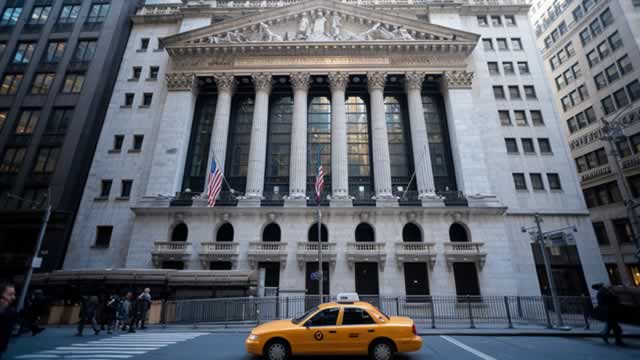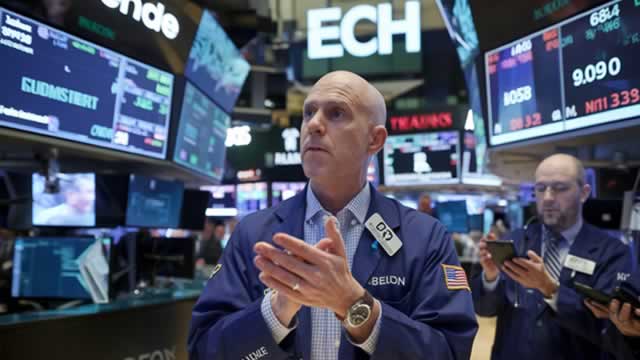Dan Greenhaus on Market Reaction to Inflation and Fed Expectations
Market Volatility
Dan Greenhaus, managing director at Solus Alternative Asset Management, recently appeared on CNBC’s ‘Power Lunch’ to discuss the current market reaction to inflation and what investors can expect from the Federal Reserve in the coming months. Greenhaus highlighted the increased volatility in the market as a result of concerns about rising inflation and its potential impact on interest rates.
Inflation Concerns
Greenhaus noted that inflation has been a significant concern among investors, with consumer prices rising at their fastest pace in years. This has led to fears that the Federal Reserve may need to raise interest rates sooner than expected in order to combat inflationary pressures. As a result, investors have been closely monitoring Fed statements and economic data for any signs of policy changes.
Fed Expectations
Regarding the Federal Reserve, Greenhaus emphasized that the central bank has signaled its intention to keep interest rates low for the time being in order to support the economic recovery. However, he also pointed out that the Fed has indicated it may need to adjust its policy stance if inflation continues to rise. This uncertainty has contributed to market volatility and can make it difficult for investors to navigate their portfolios.
Impact on Individuals
The market reaction to inflation and expectations for the Federal Reserve can have a direct impact on individuals’ investments and retirement savings. Rising inflation can erode the purchasing power of savings and investments, while changes in interest rates can affect borrowing costs and the returns on fixed income investments. It’s important for individuals to stay informed about market developments and consider adjusting their investment strategies accordingly.
Global Ramifications
The market reaction to inflation and Fed expectations can also have broader implications for the global economy. Changes in US interest rates can influence capital flows and exchange rates in international markets, impacting trade and investment decisions. Central banks around the world may also adjust their own monetary policies in response to developments in the US, further affecting global financial markets.
Conclusion
As investors navigate the uncertainty surrounding inflation and Fed policy, staying informed and monitoring market developments will be key to making informed investment decisions. While market volatility may persist in the near term, a long-term perspective and a well-diversified portfolio can help individuals weather fluctuations and achieve their financial goals.





